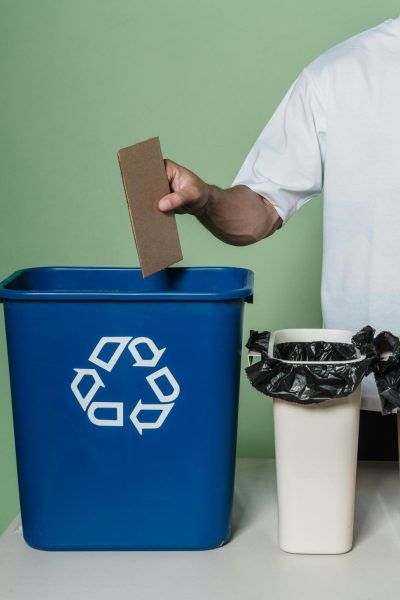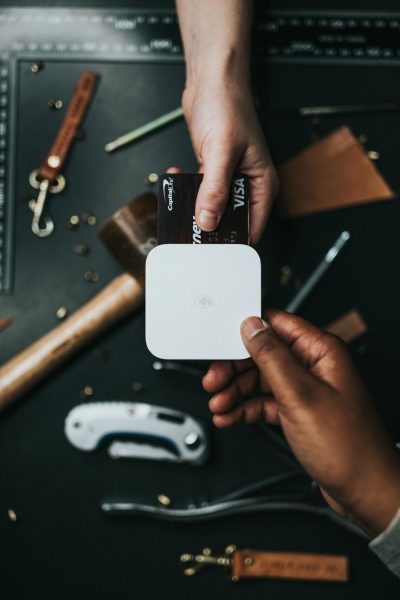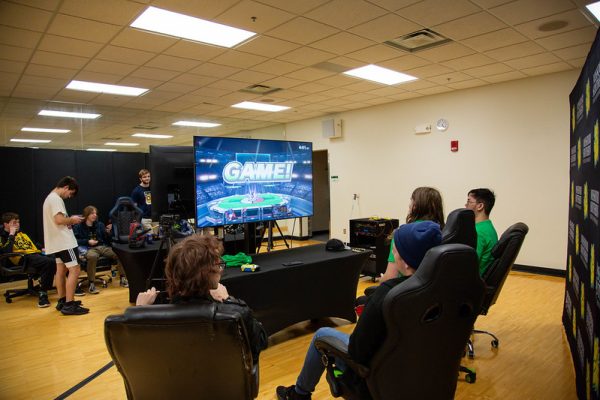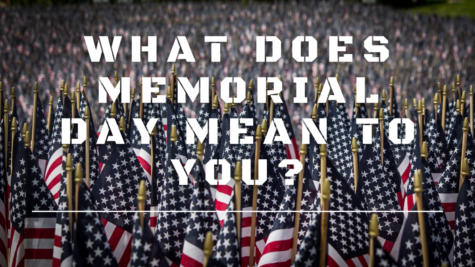Tales from our troops: battling with mental health struggles and suicide
Trigger Warning: As the title suggests, this article discusses themes and accounts from veterans and enlisted personnel surrounding depression, suicide, rape, and other potentially disturbing content for some audiences.
Although the U.S. Department of Veterans Affairs (VA) provides mental health services, treatment through the VA emergency department, and access to the Veterans Crisis Line, millions of Veterans receive disability related to mental health hardships resulting from their enlistment experience.
According to the VA’s National Veteran Suicide Prevention Annual Report for 2021, 17 veterans commit suicide each day.
“I’ve had a few Marines throughout my career struggle with mental health issues. It’s part of our job as leaders to recognize the signs of individuals experiencing mental anguish and to escort them to the treatment they need,” said active duty Marine, Myles Grissom.
While mandatory regular mental health trainings are implemented for active duty personnel and leadership, many veterans feel as though their mental health is not a priority for their chain of command.
“I had terrible anxiety, it would upset my stomach every day I had to go into work, to the point that they tested me to make sure I didn’t have stomach ulcers. Friends and coworkers were sent off the ship because they were depressed or suicidal. My mental health was so bad in that environment I offered to pay anyone who would break my leg so I could leave,” said Navy Veteran, Sierra Hatton.
In some cases, there are enlisted personnel who believe their chain of command may gaslight or taunt them for speaking up about their mental health concerns.
“Did I or someone I know struggle with mental health while enlisted? Yes, I did know people. I was also one of those people. The military says they do not look down on soldiers who go to behavioral health, but we all know that is a lie. I told my soldiers that if they ever needed to go to BH, I will never deny you nor will I let our leadership deny you,” said Army Veteran, Matthew Kirkland.
The Evaluation of the Department of Veterans Affairs Mental Health Services analyzes internal and external factors which may contribute to veteran mental health issues, including the demographics of veterans who are significantly impacted by their mental health.
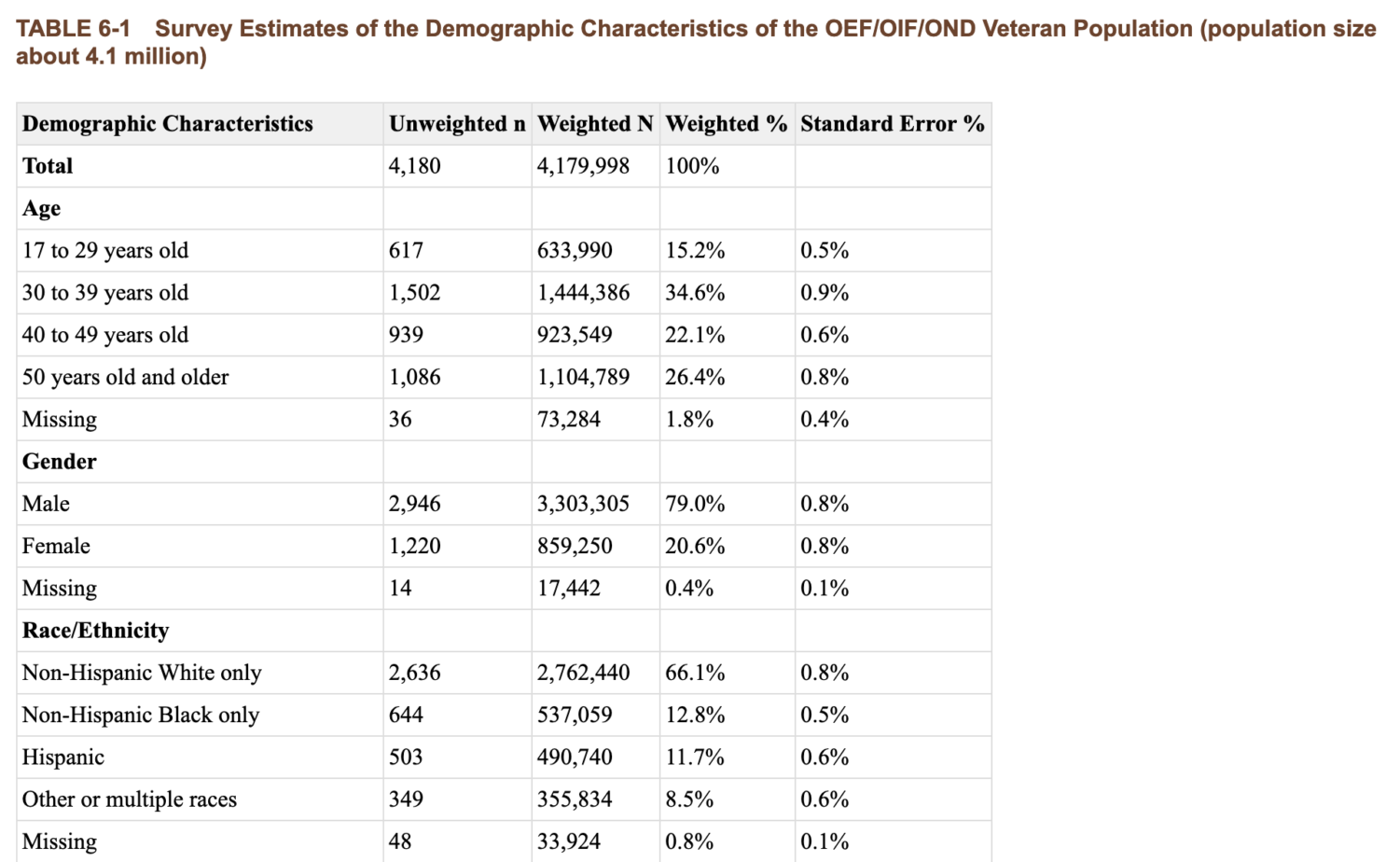
“How did the military address health concerns? They did not. I had a broken ankle and did not know that I broke it the first time until I broke it again. Both times when I said I think I broke my ankle they just said, nah, looks like you twisted it. The military makes you feel bad for going to sick call or getting an appointment,” said Kirkland.
The negative stigmas surrounding enlisted personnel who sought physical or mental health treatment ran so deep for some, like Hatton, who still struggles with seeking care.
“I was targeted and harassed whenever I went to medical,” said Hatton. “I still have terrible anxiety about going to the doctor and won’t go if it’s just for me. I’ve been wheezing and having asthma attacks for seven months and can’t make myself call to make a doctor appointment.”
Grissom’s experience with the military addressing health concerns was vastly different than Hatton’s and Kirkland’s because of effective communication strategies and proper use of protocols.
“A Marine in my command was acting erratically. Drinking in excess, and generally being reckless. We talked to the command, and they got him in counseling, and he went to an impatient care facility to be treated for his alcoholism and has been sober and noticeably happier ever since,” said Grissom.
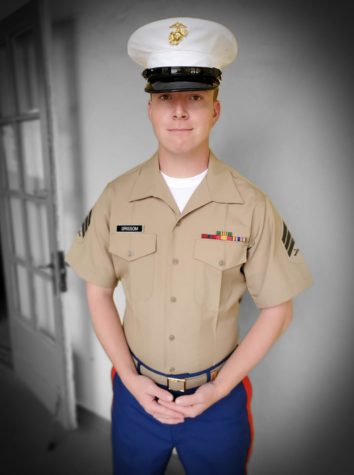
However, even when policies are upheld and the unit is working together proactively to support each other and their mental health, tragedy can still strike when least expected.
“At a previous Unit we had a junior Marine attempt suicide. Luckily, he was unsuccessful that Marine was place under watch to ensure he wasn’t a risk to himself of other Marines until they were able to get him to an inpatient care facility to get the treatment he needed,” said Grissom. “I believe the military being as close as we are we react very seriously to suicide. We’re trained to recognize the signs and take care of our Marines. It’s understandably very upsetting when one our own attempts suicide. As a leader it often leads one to question what we could’ve have done differently to have prevented this.”
Grissom’s cohort was unsuccessful in his suicide attempt and his peers banded together to ensure he received treatment that ultimately saved his life. Alternatively, there are cases where personnel do not feel like they received support from their peers.
Hatton’s friend also attempted suicide during her enlistment. “She’s a married lesbian and a man raped her. Instead of him being in trouble and kicked off the ship, she was accused of experimenting or leading him on and things like that. Then they sent her off the ship, which was probably better, but she shouldn’t have been cast away like she was at fault. He never got in trouble and ended up being kicked out for something else. She’s still in years later because they keep messing around with her paperwork,” said Hatton.
“A couple years ago she took a bunch of pills and was almost successful in ending her life. Thankfully they got her to the hospital in time, but she’s had many health issues and surgeries to correct the damage she did to her body. She’s doing better, but every day she’s living out my nightmare of still being in and under the military control,” said Hatton.
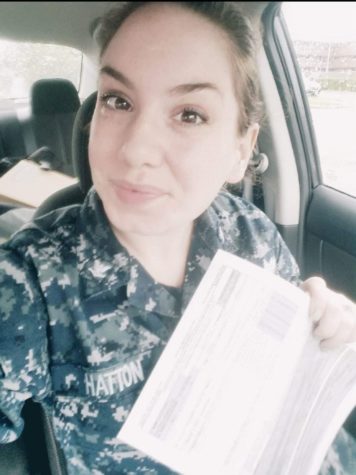
Although one of the biggest struggles Hatton’s friend faced in this situation was feeling as though she did not have support from her peers in her time of anguish, she is still alive. Kirkland’s friend did not share the same fate.
“Did someone I know commit suicide? Yes. Her name was Alesha Higginbottom. It hurt my heart and my soul for an exceptionally long time. I still do not think I can accept it to be honest. She was a great soldier and a gentle person,” said Kirkland. “Military does not really care if you attempt suicide. I mean I have heard how higher ups talk about soldiers who killed themselves at their own funeral. It’s very distasteful.”
Witnessing suicide attempts in close proximity with people you have developed strong relationships can take a toll on a service member’s mental health. Grissom keeps his spirits up by focusing on improving himself.
“I think I have a good wrap on my mental health, which I’d attribute to investing time in not only my mental fitness but physical fitness as well,” said Grissom.
However, in some cases, perseverance and emphasis on self-care only go so far. Even though Kirkland reentered civilian life a few years ago, his mental health is still impacted by the military.
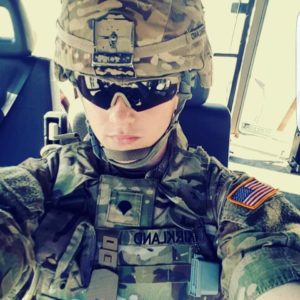
“I always feel like someone is going to scream at me for messing something minor up. I always show up really early to like an appointment, work, or a party because it was ingrained in me that if I do not show up early, I am late, and if you’re late you are going to be punished. I am very alert a lot of the times. I do not sleep well a lot of them time either,” said Kirkland.
Hatton’s experiences led to anxiety and depression so severe that she receives 100% disability from the military and is unable to work.
“Is the military still impacting my mental health? Everyday. I have nightmares most nights that I’m still in and no matter how much I tell them in not in anymore they don’t believe me and won’t let me leave. Sometimes my kids are with me in the dream, and they die or get hurt. Sometimes they’re at home alone and I need to leave because they’re little and I need to get to them, but they won’t let me leave the ship,” said Hatton. “Maybe that doesn’t sound that scary, but I have very vivid dreams, so it always feels so real. I’ve woken up crying before. For all the trouble they gave me for trying to get basic healthcare, now I have a huge aversion and terrible anxiety about going to the doctor.”
If you or someone you know is a Veteran struggling with mental health or suicidal thoughts, the Veteran Crisis Line is a service open 24/7. Call 1-800-273-8255 and press one, or you can text 838255 to connect to a VA responder.
Your donation will support the student journalists of Missouri Southern State University. Your contribution will allow us to purchase equipment and cover our annual website hosting costs.





















